Impact Stories

Dolphins and Fisherfolk Sue for the Right to Live
Posted on March 18, 2016The dolphins seemed more comfortable, swimming, gliding and leaping, when a group of NGOs visited their habitat in the Tañon Strait in May 2008. It was not so six months previously, when the dolphins and other marine mammals, assisted by environmental lawyers, went to court to sue intruders to their habitat.
READ MORE
Taking Control of Our Future
Posted on September 3, 2015“We simply must balance our demand for energy with our rapidly shrinking resources,” Nobel laureate and advocate of renewable energy, former US President Jimmy Carter argued. “By acting now we can control our future instead of letting the future control us.”
READ MORE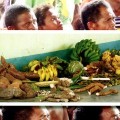
Mam-eh: Sharing a Shared Future
Posted on April 6, 2015Mam-eh is the Aeta term for sharing. It not only signifies cooperation among these indigenous peoples (IP), it evokes the true spirit of a collective society: a community with shared beliefs, traditions, and practices towards the realization of common aspirations.
READ MORE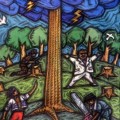
Power from the Forest, Power from the Printed Word
Posted on March 23, 2015“You tell Marites Vitug to stop writing or papatayin s'ya [she'll be killed]," warned an anonymous caller at the Manila Chronicle newsroom one October morning in 1988. Newsbreak magazine editor Marites Dañguilan-Vitug was then a freelance political reporter ¬who was writing stories on logging being done in the provinces of lsabela and Palawan.
READ MORE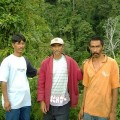
A Forest Guard’s Point of View
Posted on March 11, 2015Jimmy Buan of the B’laan tribe, treasurer of the Matutum B’laan Farmers’ Association (MBF) and a forest guard or Deputized Environment and Natural Resources Officer (DENRO) of Purok 8, recounts his experience of being part of the FPE-funded MICADEV program in Mt. Matutum.
READ MORE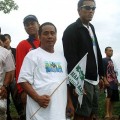
From Extraction to Stewardship
Posted on March 4, 2015The BNBNP Conservation Project offers many lessons for both FPE and Miriam PEACE (Public Education and Awareness Campaign for the Environment), and for good reason. Through the project, Biak-na-Bato is now slowly but steadily being developed by organized communities as an ecologically sustainable national park.
READ MORE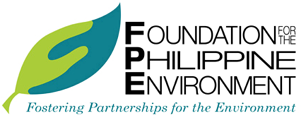
 DISPLAY CALENDAR
DISPLAY CALENDAR

 Read Policy Briefs
Read Policy Briefs
 View Our Partners
View Our Partners
 Access Grants MIS
Access Grants MIS
 Login to Webmail
Login to Webmail